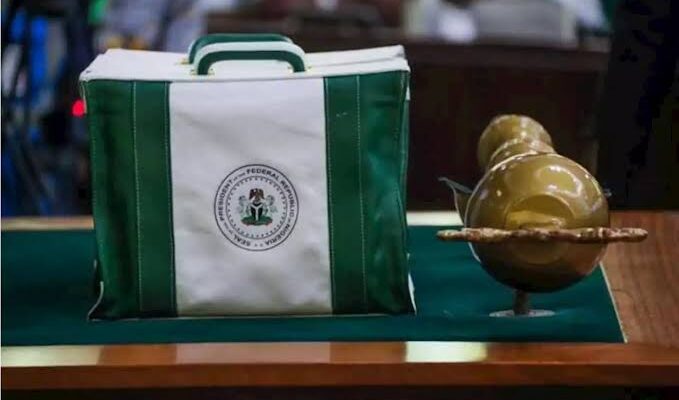
In a move that highlights deepening challenges in Nigeria’s budget implementation system, the Senate has approved a further extension of the capital component of the 2024 national budget—from June 30 to December 31, 2025. This marks the second extension of the N13.1 trillion budget within the same fiscal cycle, effectively stretching its lifespan across nearly two full fiscal years.
The resolution, which passed swiftly through all legislative readings in a single day, came after President Bola Tinubu formally requested the extension to allow ministries, departments, and agencies (MDAs) more time to execute capital projects.
Chairman of the Senate Appropriations Committee, Senator Olamilekan Adeola, who sponsored the amendment bill (SB. 854), emphasized that the extension was essential to ensure funds already released were fully utilized, and to prevent key infrastructure projects from being abandoned.
“There is a need for further extension so that the funds can be judiciously expended,” Adeola said. “We must not allow important national projects to be abandoned due to time constraints.”
However, the move sparked concern among lawmakers, especially given the trend of overlapping budget cycles under the current administration. The 2022 and 2023 budgets were also extended and ran concurrently with supplementary budgets, while the 2023 budget remained in partial implementation even as the 2024 budget took off.
Senators Raise Alarm Over Fiscal Credibility
Several senators voiced discontent with the trend, warning it could damage public confidence in the government’s fiscal management. Former Senate Leader, Yahaya Abdullahi, said the country’s financial credibility was at stake.
“The credibility of this government is going down,” Abdullahi said. “There has never been a time when the appropriation bill was extended twice in one cycle. The executive must explain to Nigerians what is really going on.”
Senator Abdul Ningi questioned whether the budget delays stemmed from a lack of revenue, while Senator Seriake Dickson decried the prioritization of recurrent expenditure over capital projects, which he said directly affect citizens’ welfare.
“We’re clearly not satisfied with this situation,” Dickson said. “Too much political distraction ahead of 2027 is affecting governance.”
Senate Minority Leader Abba Moro reluctantly backed the extension but warned that delays in paying contractors could deter others from committing to government projects.
“This Parliament risks becoming an embarrassment unless we confront the Ministry of Finance over these delays,” Moro stated.
House of Reps Downplays Concerns, Cites Revenue Shortfalls
Over at the House of Representatives, Speaker Tajudeen Abbas confirmed the extension, while other lawmakers defended the decision as necessary. Deputy Spokesperson Philip Agbese and Deputy Chairman of the Committee on National Planning, Clement Jimbo, both attributed the extension to shortfalls in revenue projections.
Jimbo pointed to crude oil benchmarks that had not been met, with oil prices averaging $64 per barrel against a $75 assumption, and production at 1.6 million barrels per day instead of the projected 1.75 million.
“This has affected our revenue generation,” Jimbo said. “But the extension helps avoid litigation and project abandonment.”
He dismissed concerns about the overlap between the 2024 and 2025 budgets, stating it was merely an administrative adjustment. Agbese echoed this sentiment, calling the extension a “pragmatic step” to ensure project continuity.
Experts Warn of Deeper Structural Issues
Economic experts say the repeated budget extensions underscore long-standing weaknesses in Nigeria’s public finance system. Muda Yusuf, Director General of the Centre for Promotion of Private Enterprise (CPPE), described the capital budget performance as historically poor, pointing to overestimated revenues and growing debt service obligations.
“It’s time to reform the budget process to make our estimates more realistic,” Yusuf said. “Capital projects should match our actual capacity to fund them.”
Tunde Abidoye, Head of Equity Research at FBNQuest Merchant Bank, added: “These extensions highlight execution bottlenecks and over-ambitious capital projections. But they may help complete existing projects if funding is properly managed.”
Despite the justifications, the development has cast a spotlight on Nigeria’s struggling fiscal framework—raising questions about transparency, efficiency, and the country’s readiness to deliver on its economic promises.

Comments